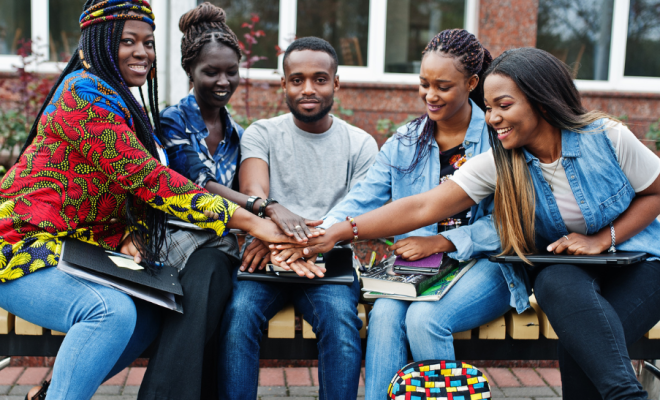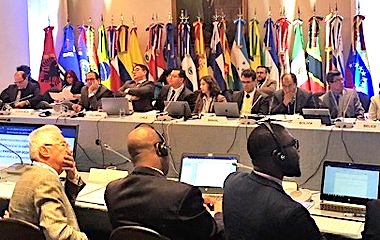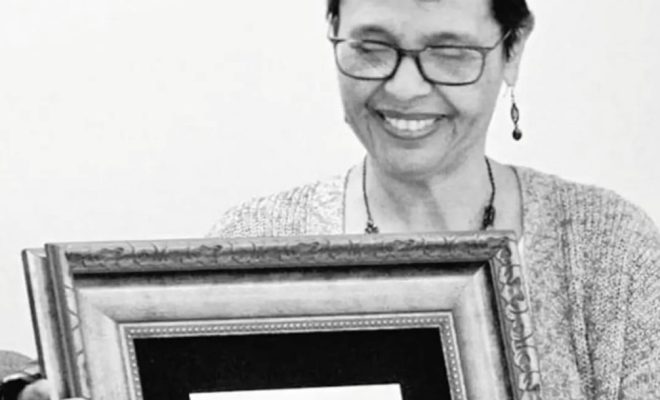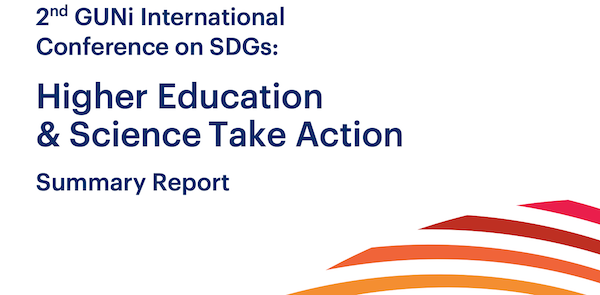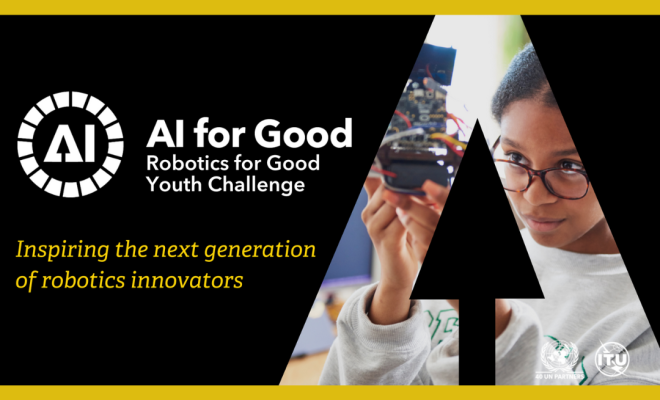Virtual training phase of the leadership and sustainable university governance course has begun
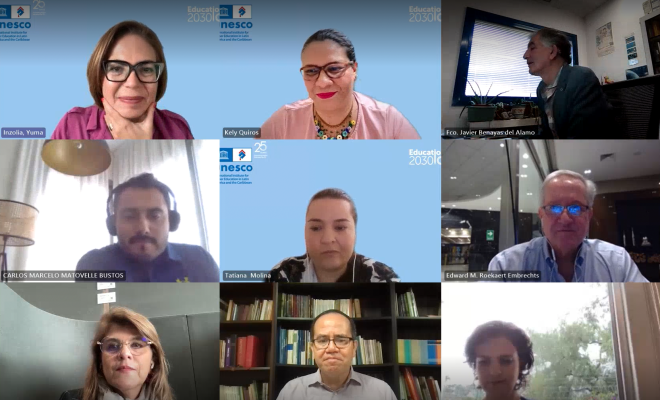
The inaugural session was preceded by Yuma Inzolia, Head of Learning and Capacity Development at UNESCO IESALC, who explained the work methodology to be carried out during the next eight weeks of virtual training and the social and collaborative approach of this program. Inzolia highlighted the value of creating a space for cooperation to strengthen sustainability in the region, from the university leaders, as drivers of change and putting in value their own experiences and those of others to strengthen partnerships and cooperation.
The experts presented the contents to be covered in each of their modules. Daniella Tilbury, Commissioner for Sustainable Development at the United Nations and advisor to the Government of Gibraltar, began this intervention by explaining the importance of recognizing that there is no sustainable country or university, so that we are at a time when we have to build the university and paths towards sustainability. Hence the need to create a strategy and curricula with the most important objectives for the university.
Romina Kasman, education specialist and leader of the Cluster Office – UNESCO San José Costa Rica, stressed the importance of the responsibility of all participants to be concerned and understand the urgency of the issue and make transformations with commitment as key to the 2030 Agenda for sustainable development, as well as the fundamental role of universities in training future leaders with critical thinking, solidarity with a sense of belonging to a common humanity, able to act based on evidence and make decisions aligned with principles and values, with a university open to their communities.
Javier Benayas, Vice Rector for Campus and Environmental Quality and Professor of Ecology at the Autonomous University of Madrid, stressed that the future of our universities must be sustainable or they will not exist. For this reason, the university is the most important element of change in society and must be involved in the vital transformations for society as a whole to change.
Carlos Mataix, director of the Center for Innovation in Technology for Human Development at the Polytechnic University of Madrid (itdUPM), highlighted the importance of the commitments made by the signatory countries of the revalidation of the importance of the 2030 Agenda, with a declaration signed by all countries at the United Nations General Assembly where the inseparability of the Sustainable Development Goals is emphasized, since progress towards them requires interdisciplinary action. Therefore, coordinated action is important to achieve levels of collaboration that generate new and necessary knowledge for change.
He also stressed the importance of multisectoral alliances that allow the creation of cooperative environments and the role that universities can play in building these alliances. He concluded that there is a need to “accelerate” in order to achieve the 2030 Agenda, and therefore the transfer process must be made more effective and efficient.
Competent institutions do not compete, they cooperate first and foremost
Eudald Carbonell, archaeologist and anthropologist
Also in attendance were the mentors who will accompany the institutional teams in their process of transformation and development of their implementation model of the Institutional Implementation Plan, which will be followed up during the six months following the end of the course, in order to monitor its implementation and impact.
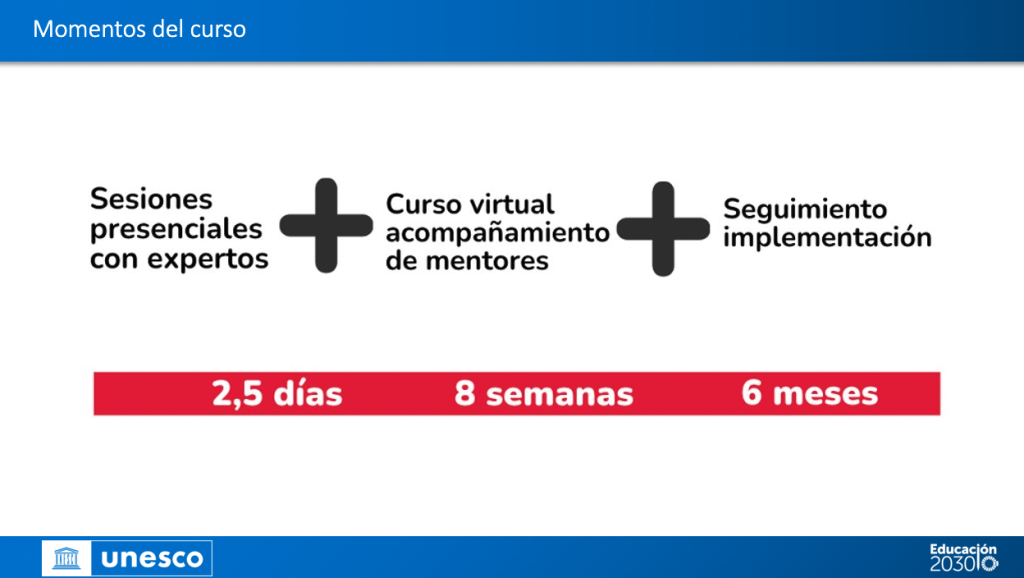
Mentoring team:
Óscar Mercado Muñoz, director of the Sustainability Program of the Universidad Tecnológica Metropolitana, founder and current president of the Sustainable Campus Network; Estíbaliz Sáenz de Cámara, director of Sustainability at the University of the Basque Country (UPV/EHU) and first vice-president of the Spanish Network for Sustainable Development; María Teresa Holguín Aguirre, specialist in Integrated Environmental Management at the Universidad de los Andes; Orlando Sáenz, coordinator of the Observatory for Sustainability in Higher Education in Latin America and the Caribbean (OSES-ALC); Ángela María Plata Rangel, coordinator of the Environmental Network of Sustainable Universities (RAUS) in Colombia and representative to ARIUSA; Alejandro Velasco, professor in Sustainable Management at the Leuphana University of Lüneburg in Germany; Rosamaria Cox Moura-leite, professor at the Federal University of Mato Grosso do Sul (UFMS); Francisca Sandoval, director of Campus Sustentable Universidad de Chile and advisor to Campus Sustentable Universidad Viña del Mar and national coordinator of the Alliances for Climate Action (ACA), Rosario Romera, general secretary of the Social Council of Universidad Carlos III de Madrid and director of the Studies and Prospective Office, and Alejandra Reich, general coordinator of the UBA Verde Program and founder of the Network of Argentine Universities for Environmental Management and Social Inclusion.
Participating universities
RELATED ITEMS

